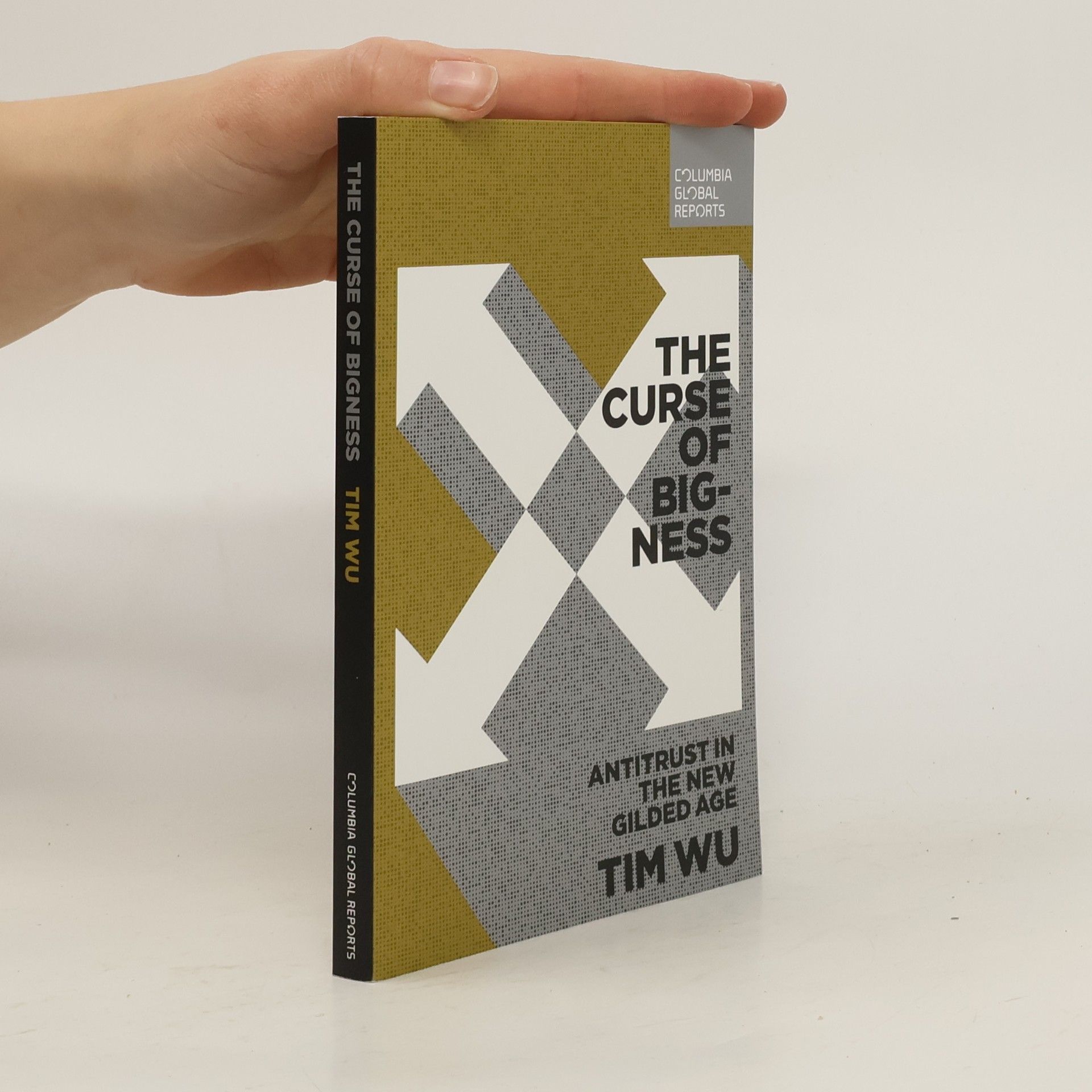Saudi America
- 138bladzijden
- 5 uur lezen
Named one of Vanity Fair's 11 Nonfiction Books to Read this Fall 800-CEO Reads Editor's Choice: McLean exposes the faulty foundation not only of our supposed energy independence, but of the very desire for it....The sloganeering of drill, baby, drill, and the false, geopolitically fraught hope of energy independence it implies, ignores these basic business, economic, and existential human realities. In exposing them, McLean offers hope for a more reasonable discussion, a more sustainable and profitable industry, and, perhaps, a more integrated energy policy. As journalist Bethany McLean sketches with clarity and concision in this book, the shale revolution has had profound effects on the US, creating jobs and cutting energy costs, but many of the claims made for it have been overblown....Unlike some who have taken a skeptical view of the shale industry, McLean is not trying to debunk it--those who have tried have been made to look foolish by its success in recent years -- but she does urge us to be cautious about being too trusting.-- Financial Times Bethany McLean explores fracking's nuanced success, but also cautions that this energy revolution is not the country's golden ticket to energy independence.--NPR, Marketplace


